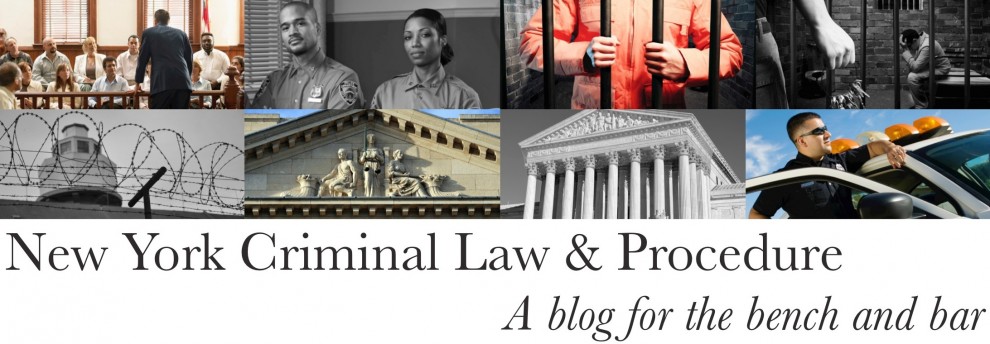Superior Court Informations facilitate the resolution of criminal cases because they enable defendants to plead guilty before Grand Jury presentment. However, there is a key limitation. Under both the State Constitution and the CPL, a defendant may not waive his or her right to a Grand Jury indictment and plead guilty to a SCI if the top charge in the felony complaint is a Class A felony punishable by death or life imprisonment.
This was the issue in People v. Monforte (Ct. App. 9/5/2019), a case which was SSM’ed. The defendant was charged with Murder 2º, a Class A felony that carries a maximum penalty of life in prison. Nevertheless, the defendant waived indictment and pleaded guilty to an SCI. The Court of Appeals reversed and reinstated the felony complaint.
This jurisdictional issue survives a guilty plea, reduction to a lesser sentence (in this case, Manslaughter 1º), waiver of appeal, and a sentence within the bounds of the agreed-upon sentence range. Indeed, this claim can be raised for the first time in the Court of Appeals.



Appeal Waivers
I have a piece in tomorrow’s New York Journal arguing that waivers of the right to appeal serve a valid and important purpose in the criminal justice system. Here is an excerpt:
Comments Off on Appeal Waivers
Posted in Appellate Procedure, Commentaries
Tagged Larry Cunningham